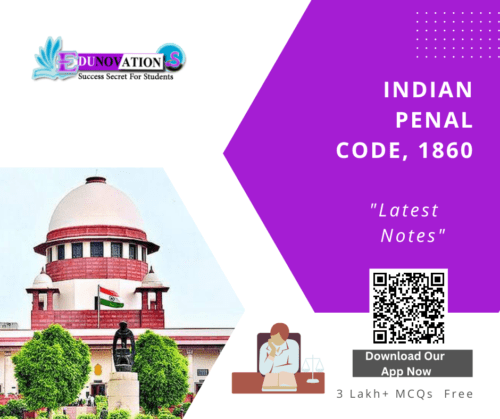Indian Penal Code (IPC)
Indian Penal Code (IPC)

Indian Penal Code (IPC) is the main criminal code of India. It is a comprehensive code intended to cover all substantive aspects of criminal law. The Indian Penal Code is divided into two parts: the first part contains general provisions and the second part contains special and local laws.
The Indian Penal code was drafted in 1860 on the recommendations of the first Law Commission of India established in 1834. It came into force in British India during the early British Raj period in 1862. It is now one of the 22 Scheduled Languages of the Constitution of India.
The Indian Penal Code is widely recognised as a modern legal code and is one of the most important pieces of legislation in the history of India. It has been described as the ” Bible of Indian Criminal Law”.
The Indian Penal Code has been amended several times since its enactment. The latest amendment is the Criminal Law (Amendment) Act, 2013, which came into force on 3 February 2014. The IPC is a lengthy document, comprising of more than 600 sections. It is a complex code, and interpreting it is often challenging.
The Indian Penal Code covers a wide range of offences, from relatively minor offences such as theft and mischief, to more serious offences such as rape and murder. It also prescribes a range of punishments, from simple fines to imprisonment and even death. The code is divided into two parts.
The first part, which contains general provisions, applies to all offences.
The second part, which contains special and local laws, applies to specific offences or areas.
The first part of the code contains a number of general principles, such as the principles of justification and excuse, and the principles of punishment. It also contains a number of general offences, such as homicide, hurt, and defamation.
The second part of the code contains a number of special laws. These laws are generally more specific in nature, and deal with specific offences or areas. For example, the Indian Penal Code contains special laws relating to offences against the state, such as sedition, and offences against the public peace, such as rioting.
The code is a complex document, and interpreting it can be challenging. However, it is an important piece of legislation, and is a crucial part of the Indian legal system.
